Turning Farm to Forest: Growing Loblolly Pine with Field to Forest
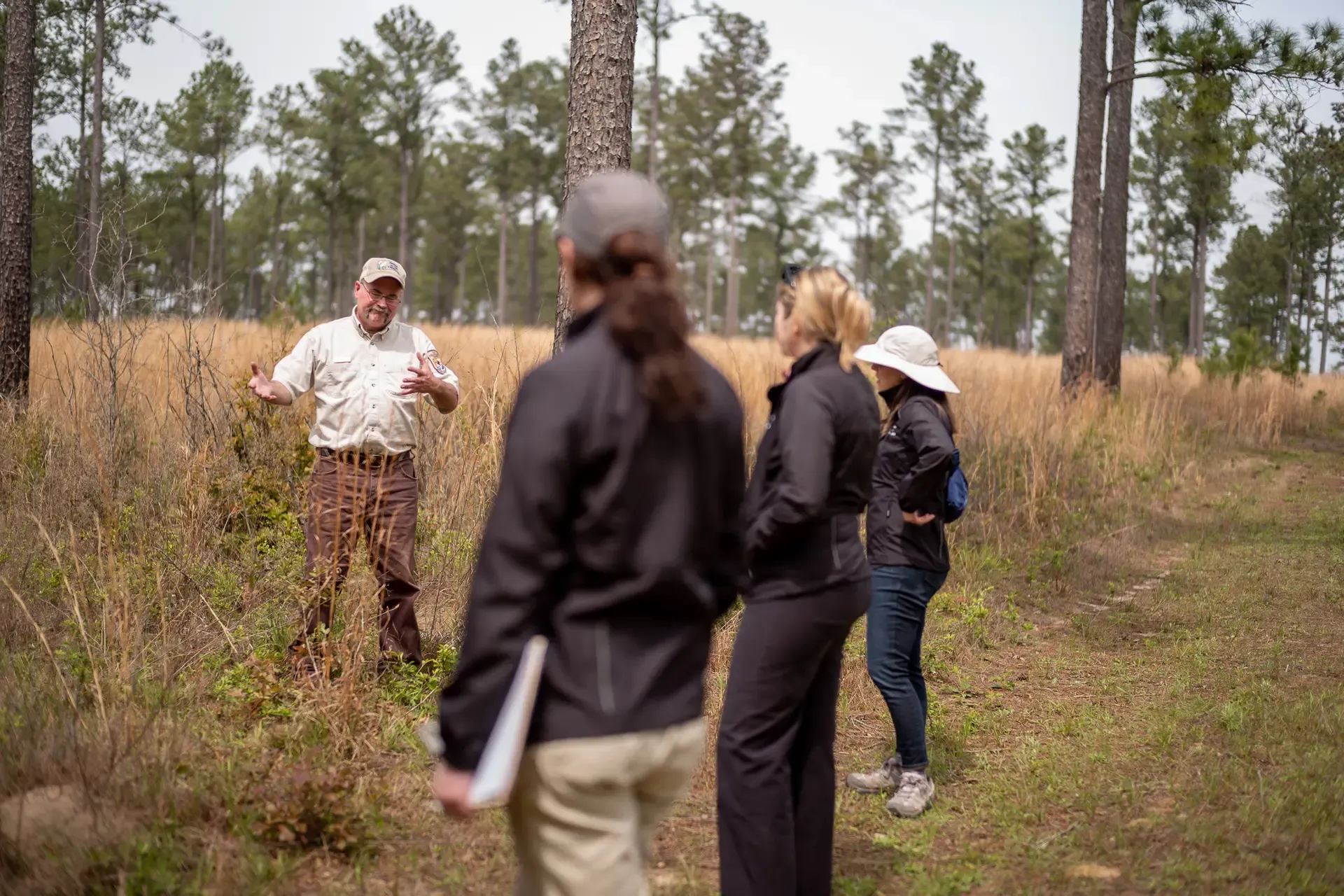
A Georgia forester describes how Field to Forest can generate income for landowners who grow loblolly pines.
Wade Rabun has been working his land for years: he has run cattle, grown peanuts, and, most recently, become the steward of a growing loblolly pine forest after enrolling in AFF's Field to Forest project. Across his different businesses, his focus has been maintaining a healthy property to be passed down within the family. The land “will go to my children and I think they will keep it for their lifetime. And I certainly hope their children will keep the land as well,” Rabun said.
To find out if your property is eligible for Field to Forest, visit our website. You can make additional income from your farmlands today.
Rabun’s land has a long rich history, and Rabun has lived just two miles south of the farming property in Warren County, Georgia his whole life. His property is split into two 100-acre halves with railroad tracks running down the middle. When he purchased the land in 1976, the backside of the property was all trees and he left it to continue growing as forests. The other side was the perfect space to begin farming cattle. Wade purchased his first feeder cows and began running his herd.
Nearly 15 years ago, Wade cut back his cattle farming to diversify his efforts with a new revenue stream: peanuts and cotton. As with all his businesses, he prioritized long-term sustainability. Growing peanut plants can be very taxing for the soil. To prevent a loss in soil richness, Wade would grow cotton for two years after each year he grew peanuts. This would give the land time to regenerate after providing the nutrients for the more demanding peanut plants.
Throughout his four decades owning his land, Rabun always wanted to keep the land active and productive. He never wanted to take the land out of production, but he said that “you learn what your limits are when you get older.” In 2019, Wade retired from raising cattle and began looking for manageable ways to support his property and set up the next generation for success. If he wasn’t farming the land, he was determined to find the best alternative for the property. Not long after, his wife saw an ad for AFF’s Field to Forest project and told Wade that “you’d probably want to call about this.”
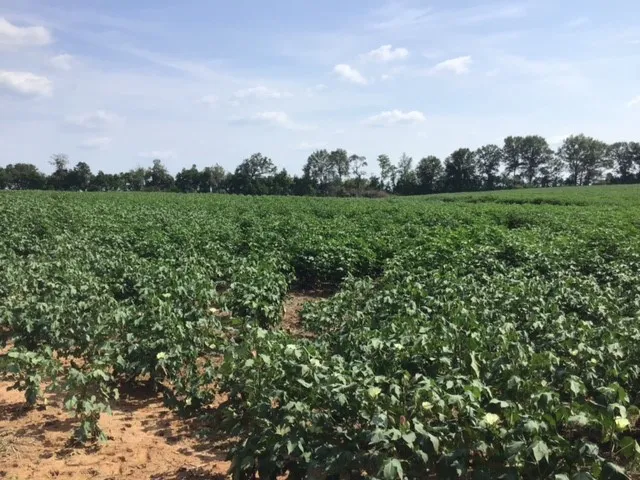
Wade Rabun's fields on a visit from the Field to Forest team.
Field to Forest was a new project that worked with family landowners to grow and plant trees on their open fields, offering enrollees a low maintenance income opportunity. The project would coordinate and pay for each step of the planting and management process. And once the trees were planted, landowners would receive guaranteed annual payments of $30 per acre enrolled and long-term technical support from local professionals.
The program was the perfect way for Rabun to continue profiting from his property while reducing the time he spent managing the land. After connecting with his forester, Rabun learned that Field to Forest would be a good fit for his property and plans for the land's future. With all the boxes checked, he enrolled.
Since converting his fields to forests with the support of local forestry professionals, Wade now receives guaranteed annual payments to steward loblolly pines on his property. The newly planted trees also require much less ongoing work to maintain than cattle and row crops. “The trees will take care of the land. Once you plant the trees, your maintenance problem is over with, and the trees are going to grow. To me, it was a win-win,” he explained while looking back on the decision.
Since enrolling, Wade has talked to two of his friends about joining the Field to Forest. Both are also in the process of retiring and learning about alternative ways to generate revenue from their properties. Wade highlighted that many of his neighbors thought the project was too good to be true. But once they saw the real benefits and the trees being planted, they understood the measurable impact Field to Forest would bring to their land. Wade is excited that others in his community are enrolling in the project “and once they get involved, they’ll tell their friends. And I think you’ll start seeing more participation.”
Field to Forest is now enrolling Georgia landowners with more than 40 acres until June 30. To find out if Field to Forest is the right fit for your land and goals, visit visit our website.
Related Articles
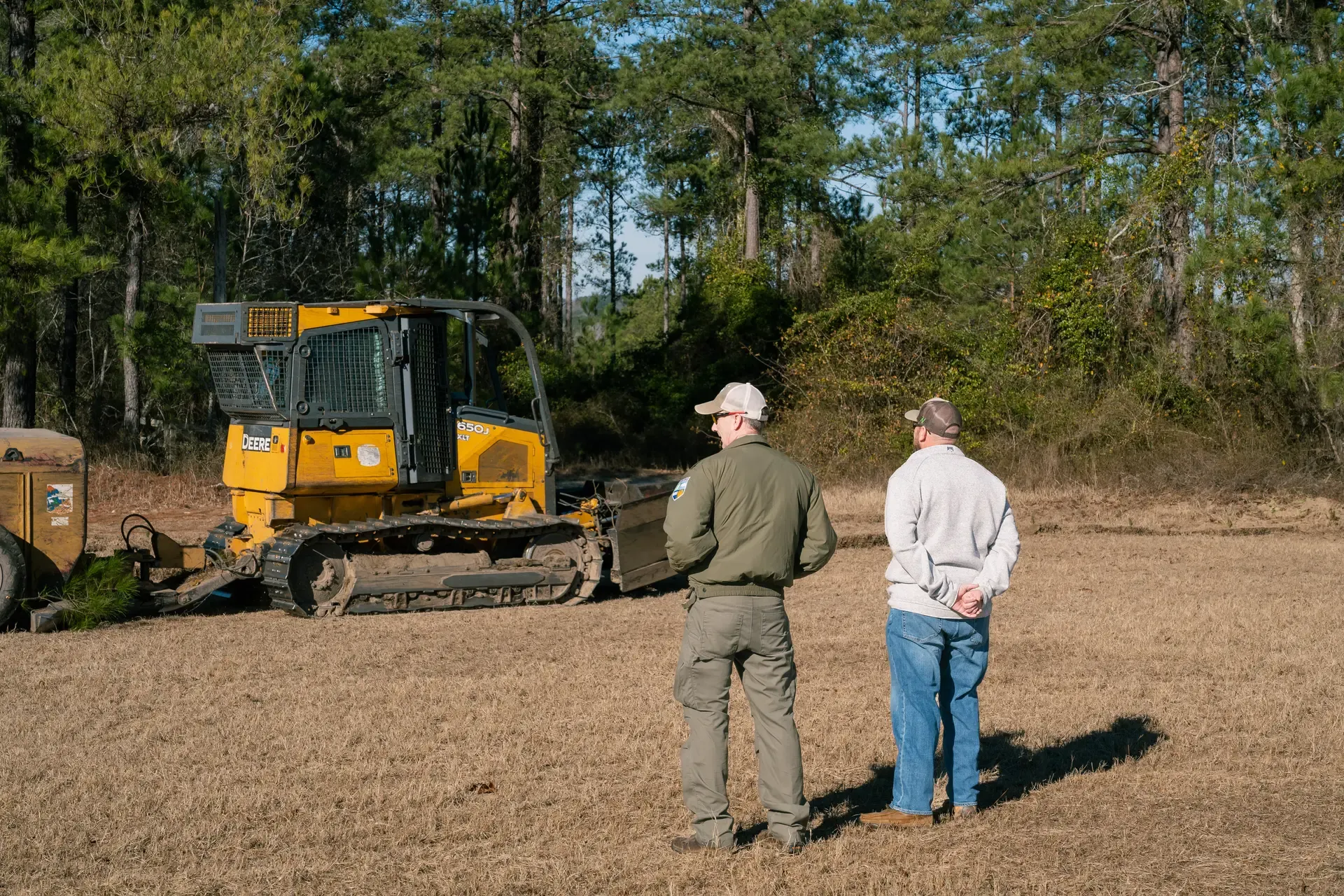
April 2, 2024
Georgia Landowner Grows Pines for Profit with Field to Forest
The Family Forest Carbon Program’s Field to Forest project is available to Georgia landowners who own 40+ acres of pasture or row crops.
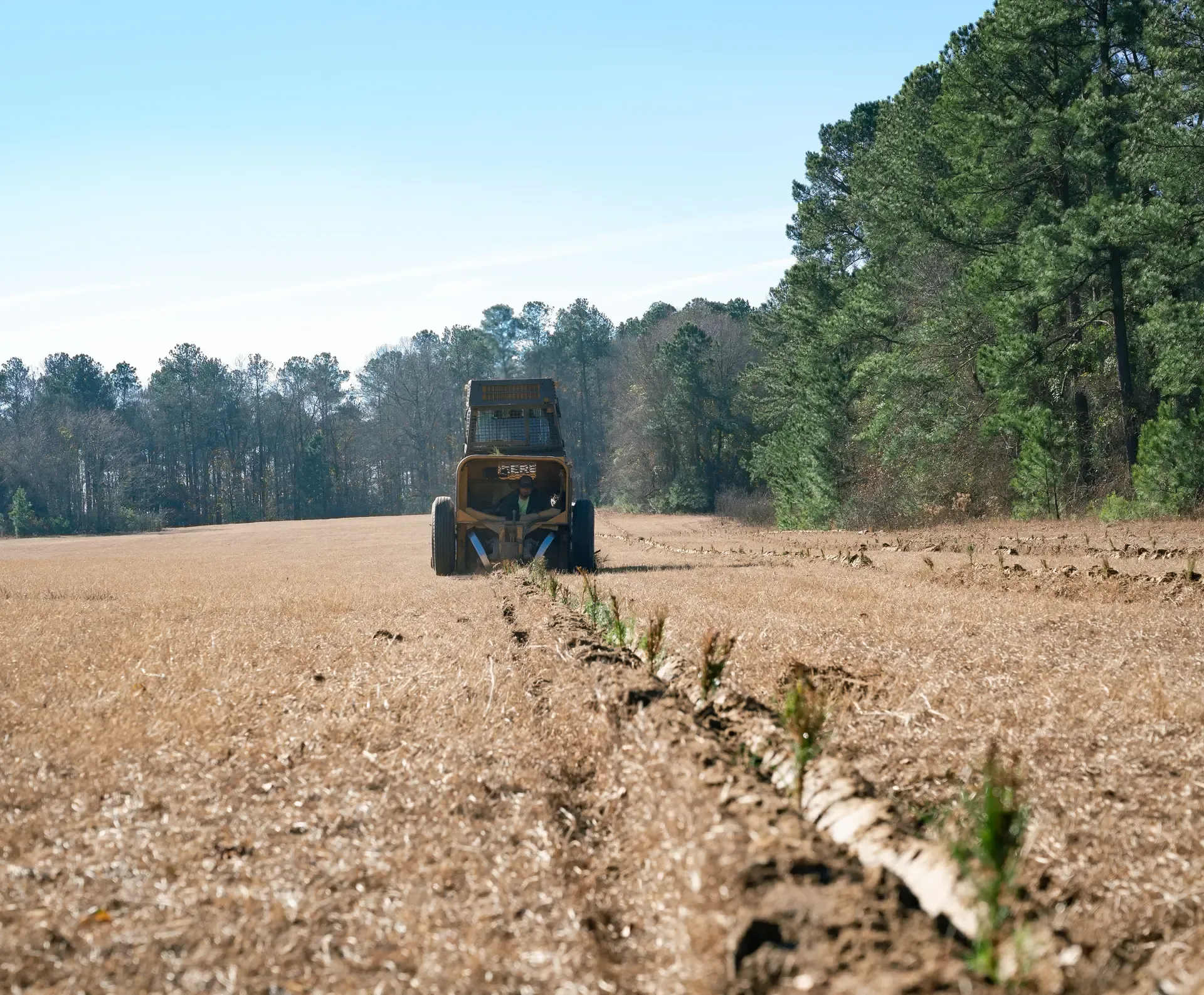
March 22, 2024
Partnering to Protect the Planet
The Field to Forest Tour was our most recent gathering designed to convene existing and potential funders from the public and private sectors to scale our collective climate impact.
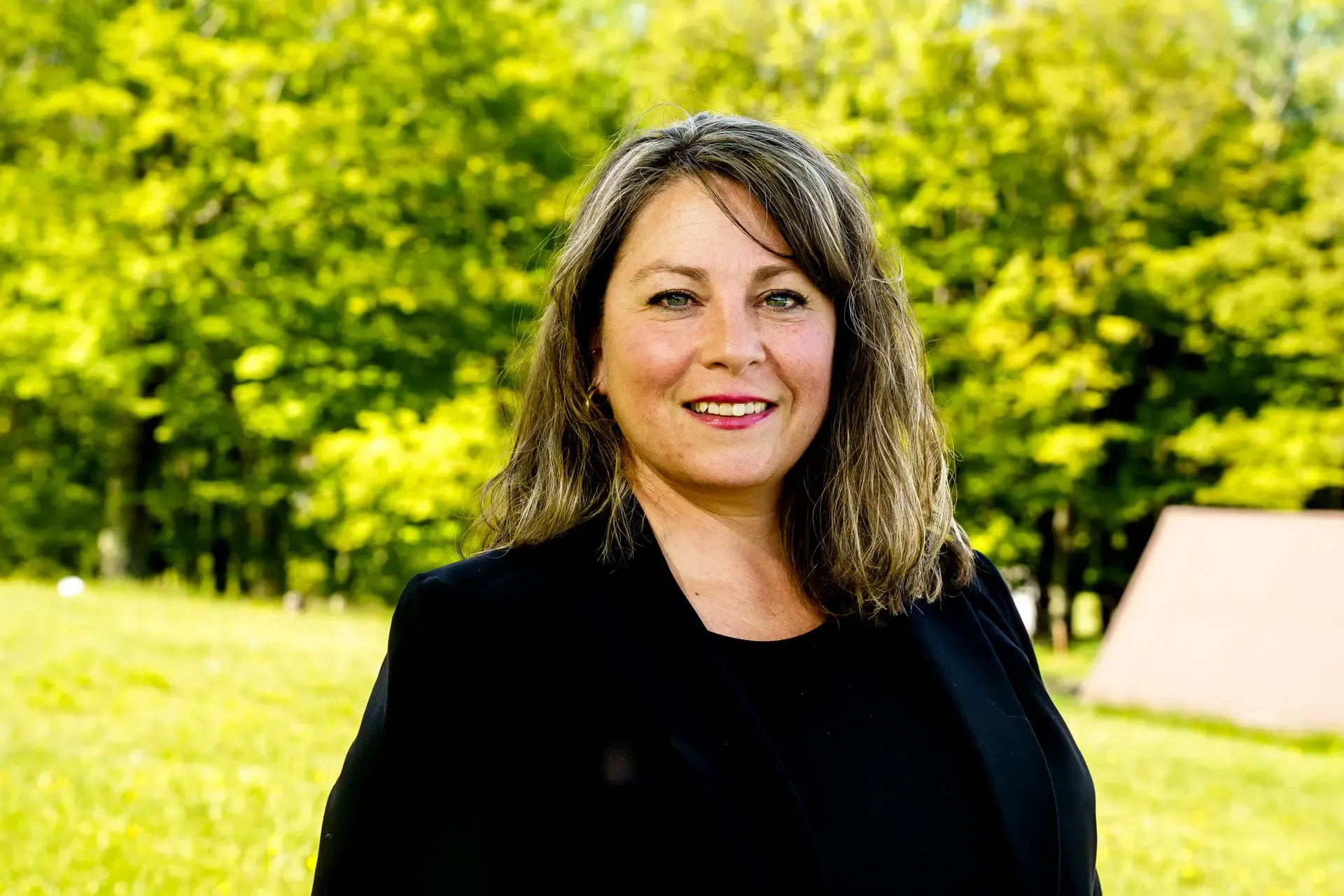
November 17, 2023
Forester Spotlight: Aimee Tomcho
“The magic of forests inspires me in ways words cannot describe. I can't think of better way to spend my life than walking among trees, working to keep forests in the landscape.”